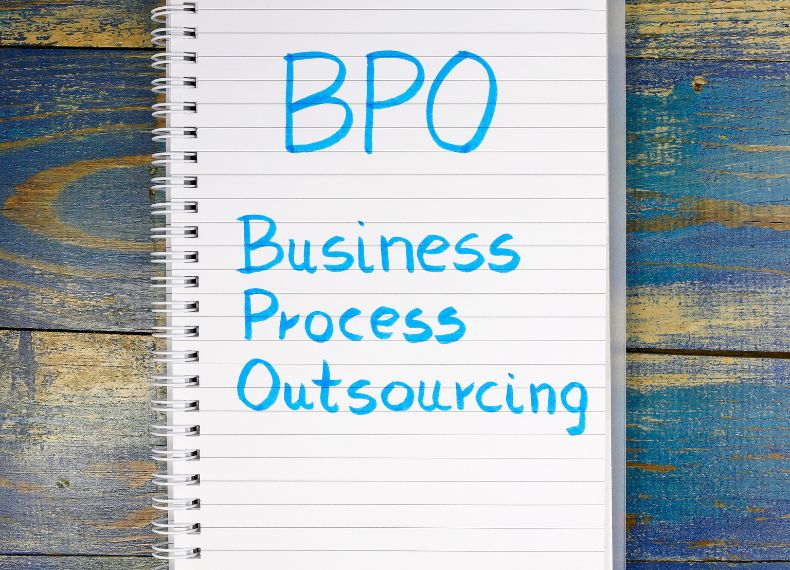When it comes to talent acquisition, what’s better; working with freelancers or hiring a BPO company? Well, a lot of it can depend on your business needs, but there are some clear differences between the two that will help to make your decision that much easier.
If you’re looking for ways to improve your business efficiency and scalability, working with a BPO company over a freelancer will help you get there. A BPO company will provide you with a long-term, experienced and reliable solution to your business needs.
When hiring in-house staff no longer feels like a viable option, perhaps the employment market in your country is difficult, perhaps you need something mobilizing in your business quicker than hiring new employees could do it, or perhaps you’re looking to scale at a much quicker rate than on-shore staff could offer, then looking to outsource parts of your business is the best step to take.

What Is BPO?
Business Process Outsourcing refers to a company outsourcing parts of its business to a third party. Almost any part of a business can be outsourced; IT, customer service, payroll, finance, sales, general admin, lead generation, acquisitions – you name it, you can outsource it. Working with a BPO company enables businesses to quickly and easily get hold of talented employees in whichever business area they need, who are ready to work and skilled at what they do.
As such, there’s no need to train new employees, put them through an induction and probation period, waiting weeks, or even months, until they’re up to speed. With BPO companies, most will have staff ready and waiting to work with you at a moment’s notice.
What Is a Freelancer?
Freelancers are self-employed people offering their services to you. There are freelancers for all sorts of areas of your business and, generally, will be used ad hoc when you need them. It is possible to create ongoing relationships with freelancers who will work with you and your business for set amounts of contracted time.
Why Hire a BPO Company Rather Than a Freelancer?
If you’re serious about growing your business and making it in the corporate world, then working
with a BPO is the best way to do this. The main benefits include, alongside business continuity, security and reliability:
Committed employees
- Access to a large talent pool
- Long-term business scalability
- Committed Employees
While freelancers are great for providing assistance as and when it’s needed, when you work with a BPO you’ll be getting employees (of the BPO) who are, generally, permanent, full-time, and committed. This level of commitment is what can take your outsourced work from good to great, because agents within BPOs are employed in much the same way as they would be if you employed them yourself (but you don’t have to deal with any of the admin work), meaning they’re invested in your business’ success.
Large Talent Pool
When you work with a freelancer, that’s all you’re getting; their knowledge, experience, and skills. However, when you work with a BPO, you have access to the talent, experience, and skills of hundreds of different employees. Some of the biggest outsourcers in the Philippines have upwards of tens of thousands of employees, and your Business Manager within the BPO will be able to pick the very best for your company, depending on your specific needs.
Business Scalability
A freelancer can only do so much work for you, but a BPO can scale quickly and easily when you need it. You might have a 5, 10, or 20-year plan that will require 10, 20, or 100 times the amount of people you currently employ. This isn’t a problem for BPO companies, who will be ready and willing to grow with you at a sliding scale of cost, rather than hiring more and more freelancers who charge a set rate.
Final Thoughts
Taking the leap and beginning the process of outsourcing some of your work, whether it is with a BPO company or a freelancer, can be a daunting prospect. However, the rewards most often outweigh the risks which is why millions of businesses choose to recruit the support, knowledge, and expertise of an outsourcing partner.